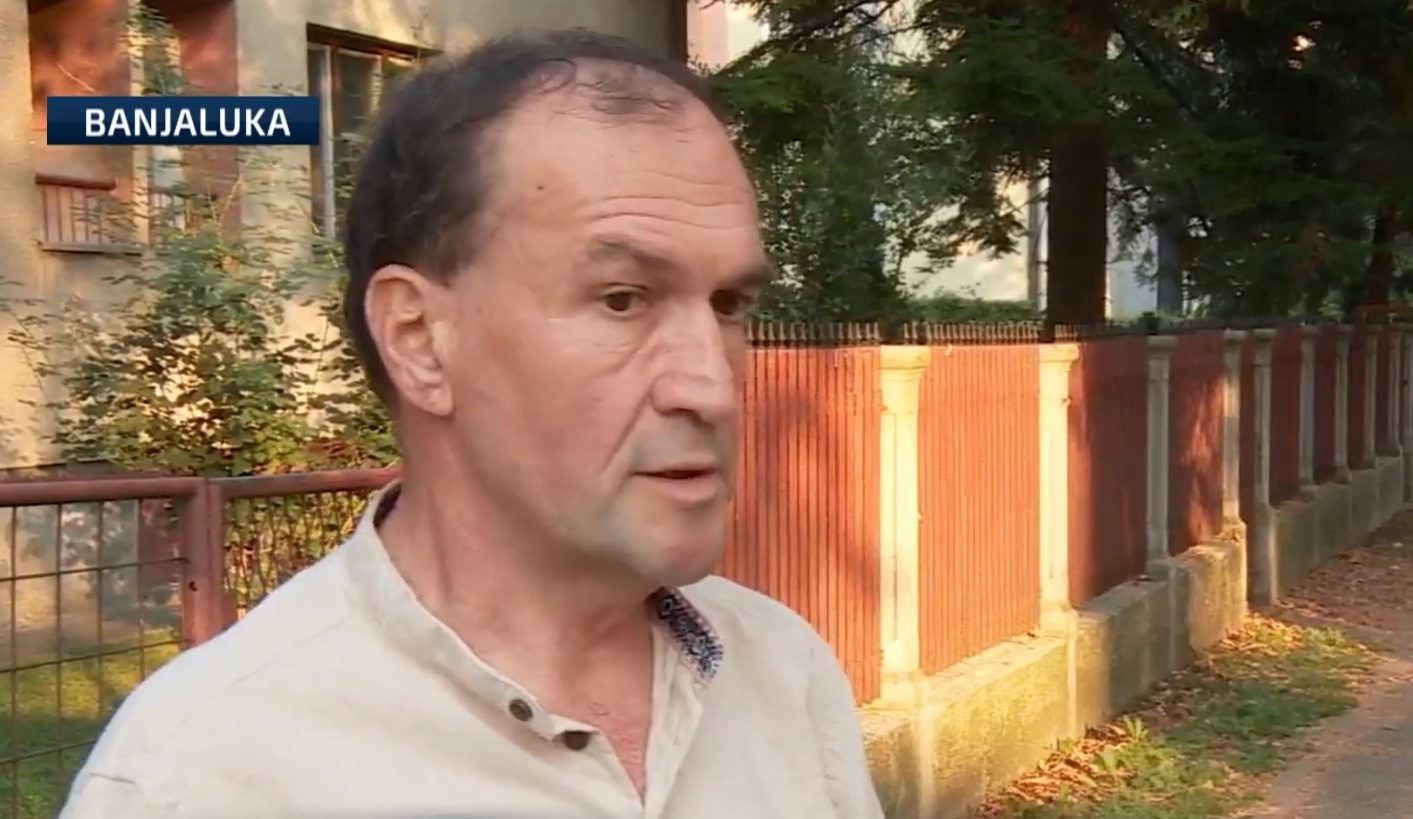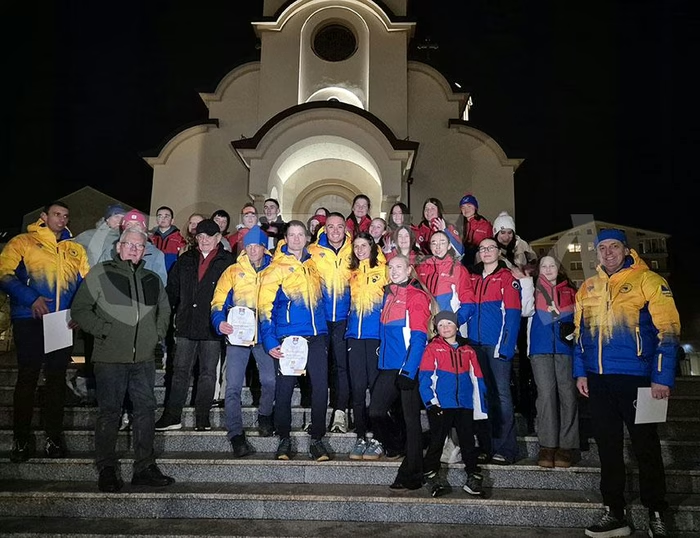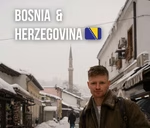'Lavrov's visit to RS shows it has intl. subjectivity'

Russia’s Foreign Minister will visit Sarajevo, after which he will go to Banjaluka to meet with the Republika Srpska (RS) entity officials. This visit to the RS means that the RS has an international subjectivity, said Milos Solaja, Head of the Centre for International Relations and professor at Banjaluka Philosophy Faculty, speaking to N1.
Oglas
Sergey Lavrov will meet with Bosnia’s Presidency members and its Foreign Minister Igor Crnadak, after which he will visit the construction site of the Serbo-Russian Orthodox temple and meet with entity officials.
According to Solaja, this visit is Russia’s way of saying it wants to develop good and stable relations with Bosnia and that it will continue to support the Dayton Peace Agreement which ended the war in Bosnia (1992-1995).
However, he stressed that western countries do not look kindly upon Russia’s relations with the RS and the fact that Lavrov’s visit to Banjaluka shows that the Serb-dominated, semi-autonomous RS has an international subjectivity.
Oglas
"The western countries dislike Russia’s active status towards the RS. This entity was ignored, lately, especially by the EU. The last visit to the RS by any EU official was the First Vice President of the European Commission Cathrine Ashton’s visit to Banjaluka," he pointed out. "With this visit, the Russian Foreign Minister shows that the RS has an international subjectivity and that it’s capable of maintaining its foreign policy. It’s important for the RS that it gets that significance with this visit, so it wouldn’t be mentioned in an exclusively negative context."
Kakvo je tvoje mišljenje o ovome?
Učestvuj u diskusiji ili pročitaj komentare
Oglas
Kakvo je tvoje mišljenje o ovome?
Učestvuj u diskusiji ili pročitaj komentare
Oglas





 Srbija
Srbija
 Hrvatska
Hrvatska
 Slovenija
Slovenija



























































